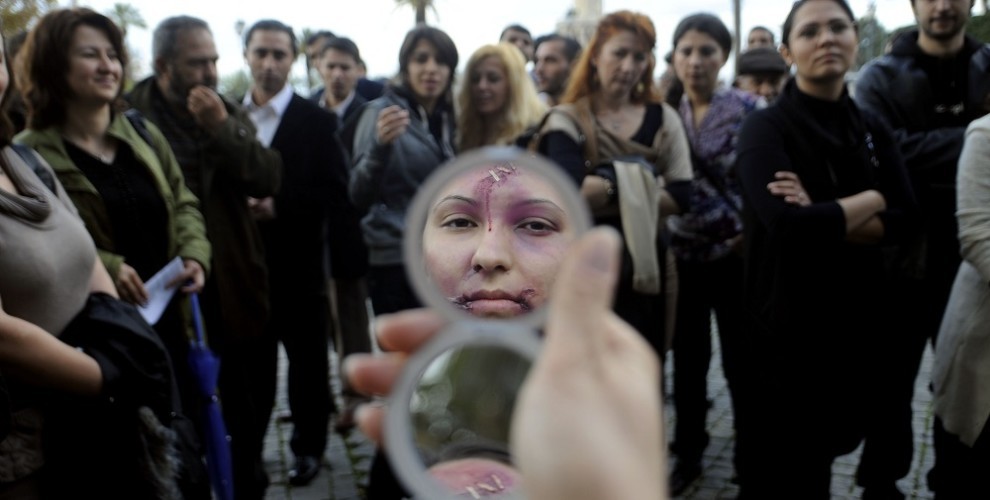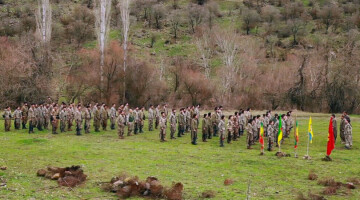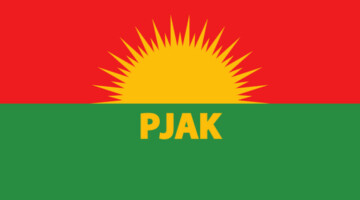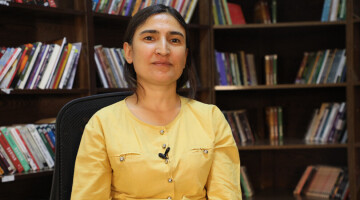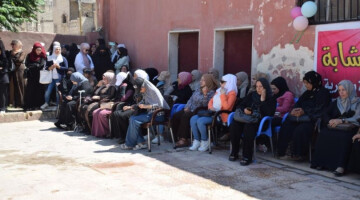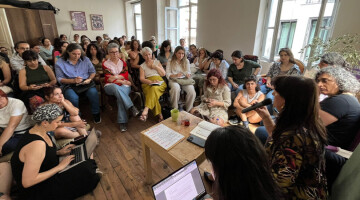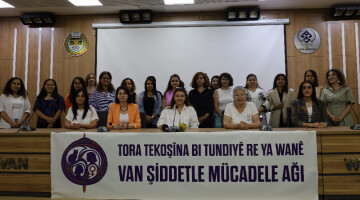A new global index on Women, Peace, and Security released at the United Nations ranked Turkey 105th out of 153 countries. The report said that 40 percent of women are subjected to violence in Turkey.
Developed by the Georgetown Institute for Women, Peace and Security (GIWPS) and the Peace Research Institute Oslo (PRIO), the index listed the safest countries for women in the world.
The index identified Syria, Afghanistan, and Yemen as the least safe places for women, both in and out of the home. Iceland, Norway, and Sweden lead the 30 countries that score in the top third on all indicators.
Turkey is listed as 105th safest country for women. One of the worst in its developing countries class, the index showed grave inequalities between men and women.
“This unevenness is captured in Turkey’s performance on the WPS Index. Its overall ranking of 105 is 54 places below its income rank and partly reflects low female employment rates and a share of women in parliament standing at 15 percent. Legal discrimination and deep-seated norms appear to be major constraints” the report read.
The index also shows that about 40 percent of women in Turkey are subjected to physical or sexual violence from an intimate partner at least once in their lifetime.
The report also quoted Turkish president Erdogan’s remarks about gender equality: “President Erdogan has declared that men and women are not equal and that believing so goes against nature. A number of politicians reinforce the view that women’s role in society is that of traditional homemaker and mother.”
The index ranks 153 countries across 11 indicators, encapsulating more than 98 percent of the world’s population.
The index was launched a day before the U.N. Security Council holds its annual open debate on women, peace, and security. Backed with funding from Norway, the index will be updated every two years and will track progress leading up to the U.N. high-level political forum in 2019, when the Sustainable Development Goals will next undergo a formal review.
In 2020, the landmark U.N. Security Council Resolution 1325 on women, peace, and security will mark its 20th anniversary.
The resolution recognizes conflict’s disproportionate impact on women and girls, and calls for the prevention of sexual and gender-based violence in emergency and conflict settings, as well as for increased participation of women during times of post-conflict and peacebuilding.

